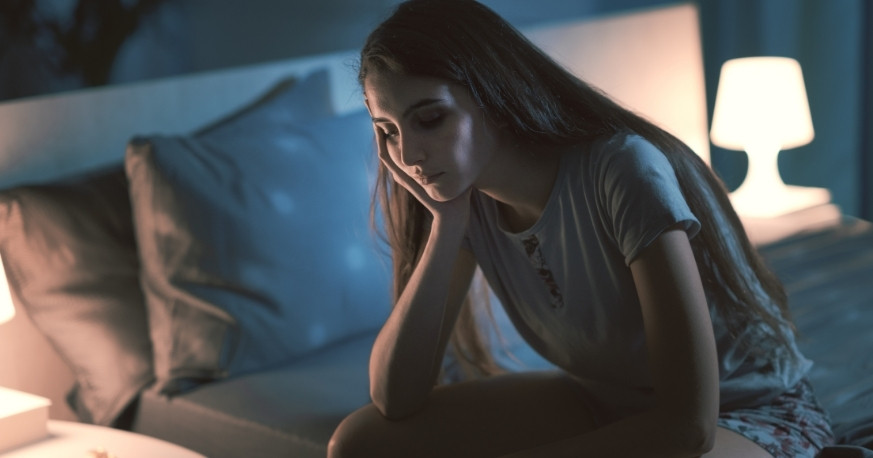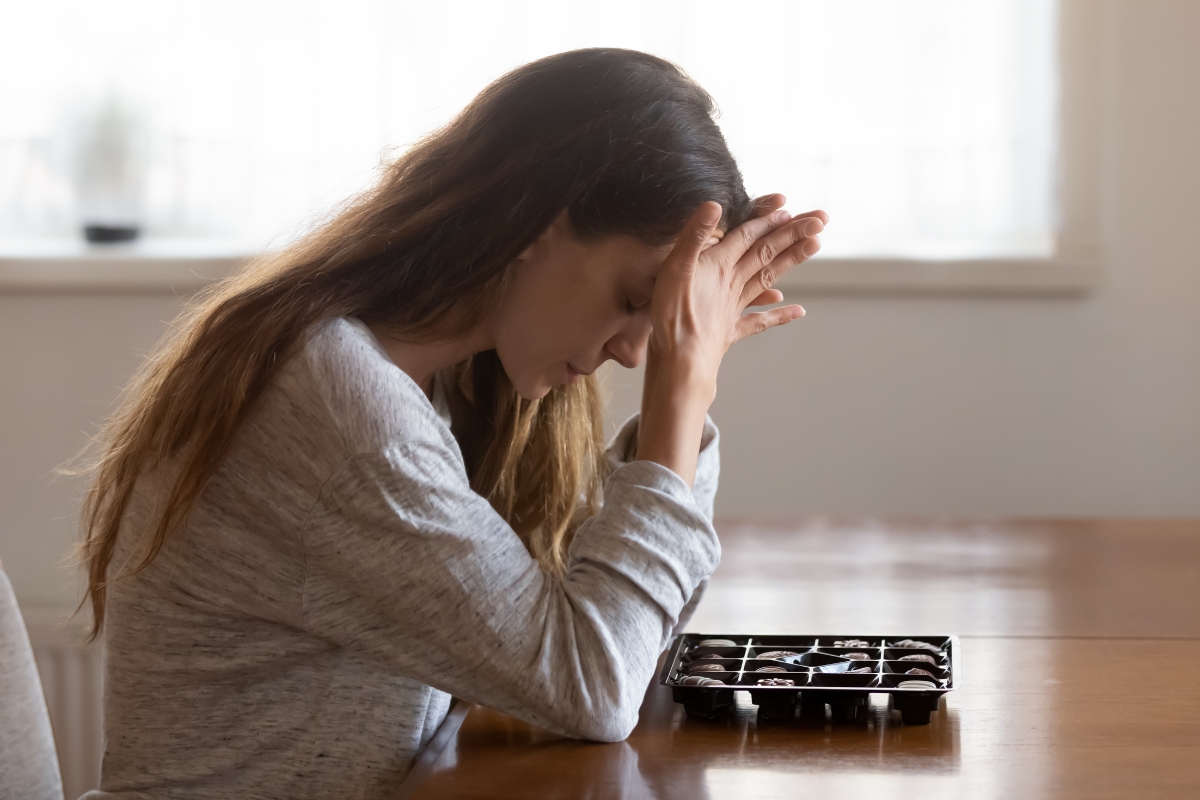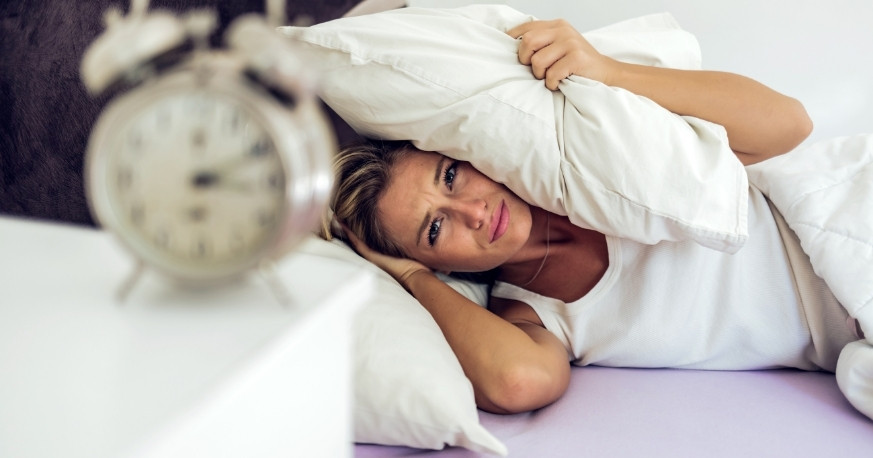10242 Greenhouse Rd #1002 Cypress, TX 77433
How Anxiety Affects Your Sleep and Tips for Restful Nights

Anxiety and sleep are closely connected with each other. Once stress gets the best of you, peaceful nights can be impossible. Most anxious people have difficulty falling asleep; they wake up multiple times or wake up too early without feeling rested. This constant cycle creates exhaustion, crankiness, and a bad mood for the whole day.
When you suffer from anxiety, your mind and body remain in an increased state of alertness. It becomes extremely difficult for you to relax completely. However, with the right steps, you can try and control your anxiety and have a good sleep.
How Does Anxiety Disrupt Sleep?
Anxiety can disrupt sleep in a variety of ways, restricting both your physical and mental relaxation.
- Racing Thoughts – Concerns over what happened during the day or what might happen in the future keep your mind racing when it should be slowing down.
- Increased Stress Hormones – Your body secretes cortisol and adrenaline, making it more difficult to fall into a relaxed state necessary to sleep.
- Physical Tension – Muscle tightness, quick heartbeat, and shallow breathing produce pain that interrupts sleep.
- Disrupted Pattern of Sleep – Anxiety causes you to wake up repeatedly at night, lighter sleep or early morning wake-ups. These make you feel worn out for the whole day.
When anxiety-related sleep issues persist, it causes you stress. In a long time, this affects your mental and physical health. Sleep deprivation can also impact your emotional control and make you feel overwhelmed. The positive thing is that one can stop this cycle by using the appropriate habits and skills.
Tips for Managing Anxiety for Better Sleep
You can try and control your anxiety with these tips for a restful sleep.
Create a Relaxing Pre-Sleep Routine
- Practice soothing activities like reading, writing in a journal, or listening to gentle music before bedtime.
- Avoid stressful conversations or professional work near bedtime.
Restrict Stimulants
- Cut back on caffeine, nicotine, and sweets in the late afternoon and evening.
- Reduce alcohol intake, as it may disrupt deep sleep despite making you sleepy at first.
Try Relaxation Techniques
- Deep Breathing: Controlled, slow breathing techniques calm the nervous system.
- Progressive Muscle Relaxation: Alternating between tensing and releasing muscle groups can reduce your physical tension.
- Guided Meditation: Listening to guided mindfulness exercises can redirect attention away from worrisome thoughts.
Maintain a Regular Sleep Schedule
- Go to bed and get up at the same hour every day, even on weekends.
- Steer clear of prolonged daytime napping that could make sleeping more difficult at night.
Make Your Sleeping Environment Sleep-Friendly
- Make your bedroom cool, dark, and quiet to induce sound sleep.
- Invest in a cozy bed and eliminate distractions, such as bright lights and screens.
- Restrict screen use before going to bed since blue light emitted by screens suppresses the production of melatonin.
Minimize Bedtime Stress
- Jot down your thoughts or a list of things to do to clear your head.
- Do some gentle yoga or light stretching to loosen up physical tension.
- Listen to calming sounds, such as white noise or nature sounds, to make the environment peaceful.
The connection between anxiety and sleep is profound. When stress interferes with sleep, it results in a continuous cycle of exhaustion and worry. Try incorporating these simple tips into your regular routine and see if it helps with your sleep.
However, if you are struggling with anxiety and restless sleep, contact a professional nearby.




